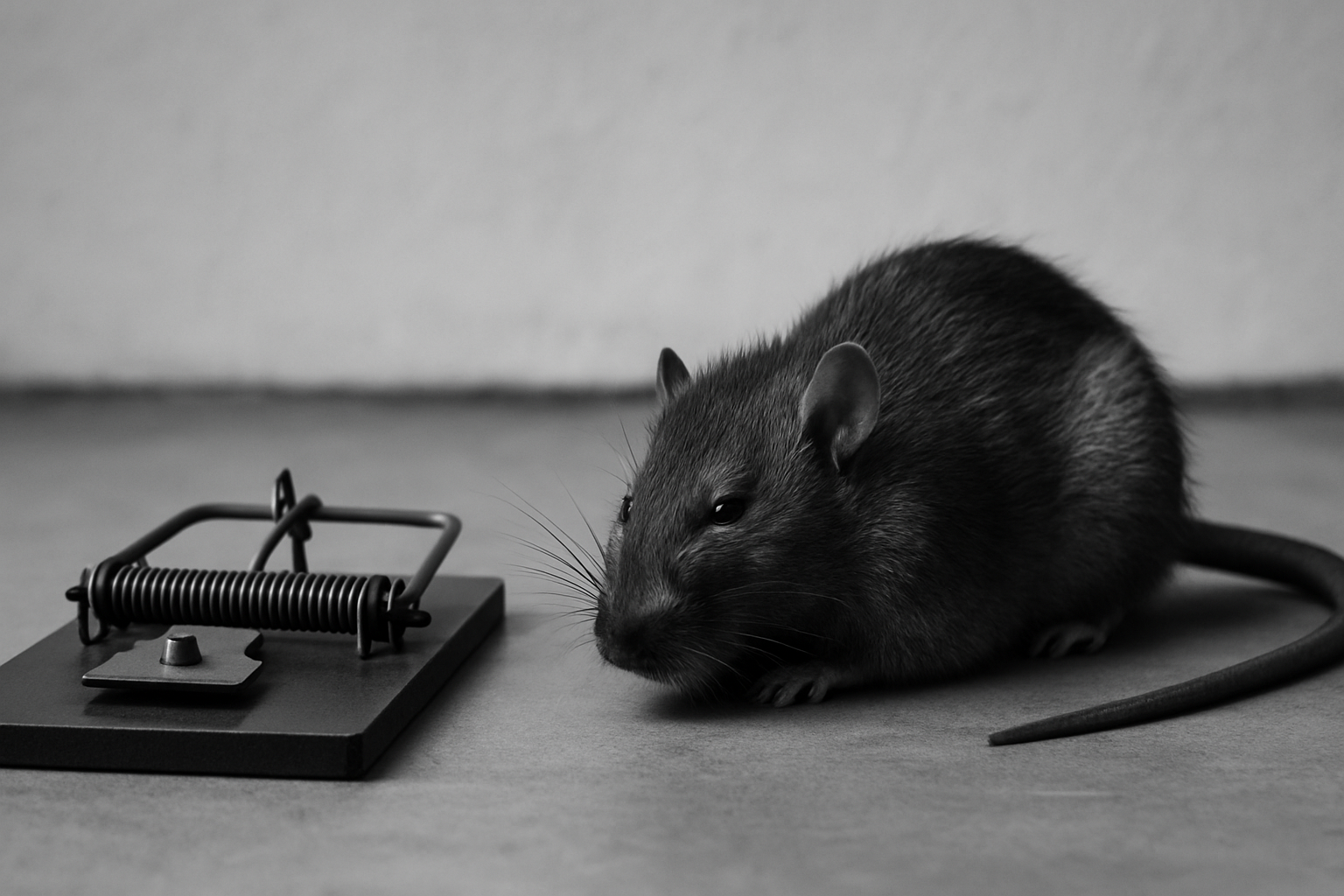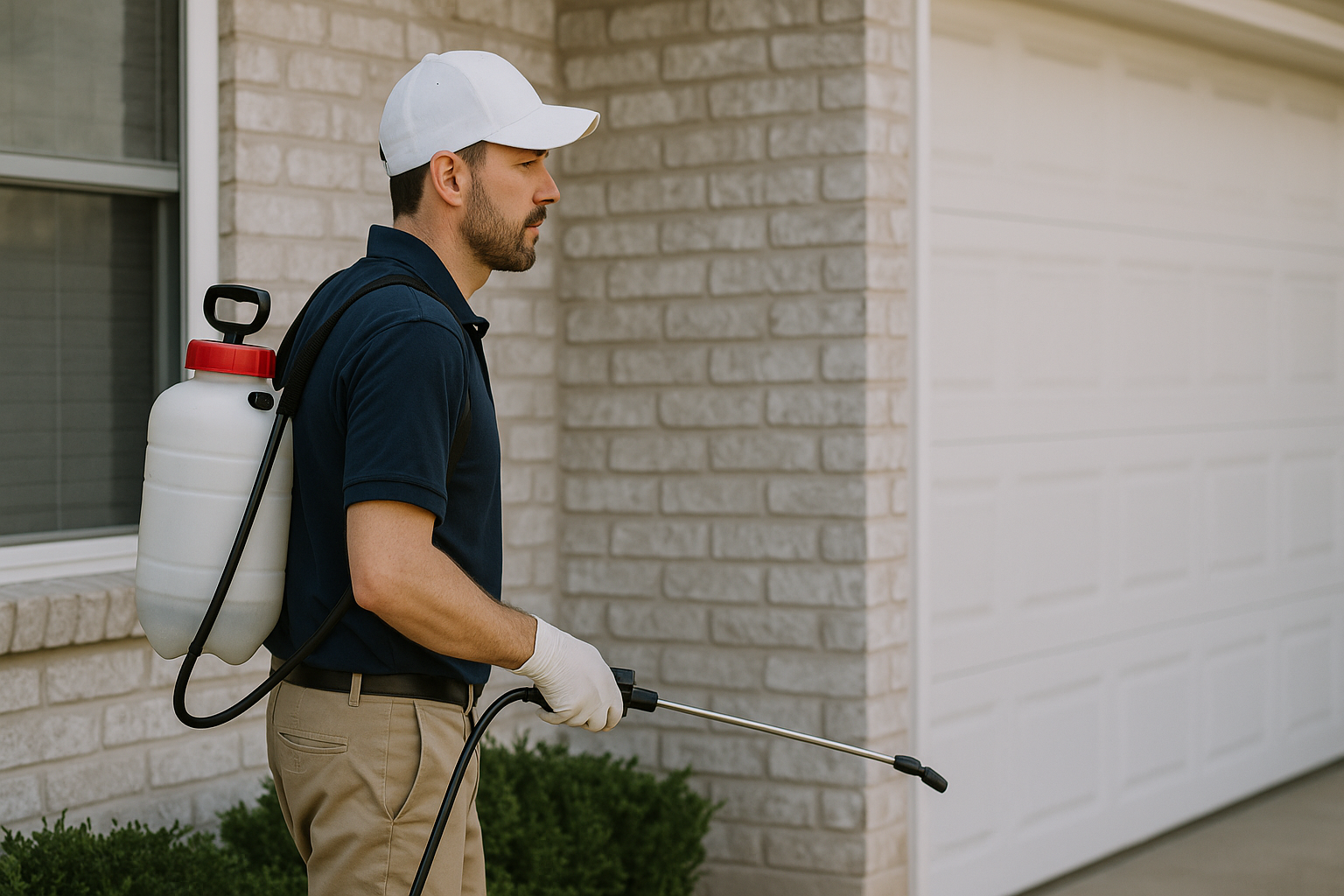Table of Contents
Rodent Control is a critical aspect of maintaining public health and sanitation, particularly in a bustling city like Dubai where urban development and dense residential communities provide ample opportunities for rodent infestations. Rats and mice pose significant risks not only because they damage property and contaminate food supplies, but also because they can transmit diseases. Effective Rodent Control requires a well-rounded approach that combines prevention, monitoring, and humane eradication, all aligned with Dubai Municipality’s regulations and the Dubai Health Authority (DHA) guidelines.
Understanding the Rodent Problem in Dubai’s Urban Environment
Dubai’s rapid growth has led to increased construction activity and expansion of commercial hubs such as Business Bay, Dubai Marina, and Downtown Dubai. This fast-paced urbanization often leaves behind construction debris, open waste sites, and water sources—all ideal conditions that attract rodents. Additionally, food establishments and markets in areas like Al Satwa and Karama require stringent Rodent Control to adhere to ADAFSA and Dubai Municipality’s food hygiene standards
Rodents are highly adaptive creatures that thrive in urban settings where shelter and food are readily available. Typical signs of infestation include gnaw marks on wiring or furniture, droppings in hidden corners, scratching noises inside walls, and the presence of burrows in gardens or around building perimeters. Early detection is crucial to avoid extensive infestation which can be costly and difficult to manage.
Key Components of a Successful Rodent Control Program
Implementing an effective Rodent Control strategy involves a combination of environmental management, ongoing monitoring, and targeted treatment, while ensuring compliance with the UAE Fire & Life Safety Code and related health regulations.
- Sanitation and Waste Management: Proper disposal of food waste and regular cleaning of commercial kitchens, residential buildings, and outdoor spaces are fundamental. Dubai Municipality mandates strict waste management protocols to reduce rodent food sources.
- Structural Maintenance and Exclusion: Regularly inspecting and sealing entry points such as cracks, gaps in doors, windows, and utility lines prevent rodents from gaining access to buildings. Using rodent-proof materials for fencing and storage areas enhances this effort.
- Monitoring and Identification: Professional pest control experts utilize routine inspections with traps and sensors to track rodent activity. Early identification allows for timely intervention and minimizes the need for extensive chemical treatments.
- Use of Rodenticides and Traps: When infestation is confirmed, licensed Rodent Control providers in Dubai apply baits, traps, and if necessary, approved rodenticides in a safe and regulated manner, following Dubai Health & Safety standards. Emphasis is placed on minimizing risks to humans, pets, and the environment.
Each of these components is part of an integrated pest management (IPM) approach recommended by Dubai authorities, combining preventive measures with minimal use of hazardous chemicals. This ensures a sustainable and effective Rodent Control system without compromising community health or ecological balance.
Role of Professional Rodent Control Services in Dubai
While minor incidents can sometimes be handled with DIY methods such as snap traps or glue boards, large-scale or persistent infestations require professional intervention. Certified pest control companies operating in Dubai, like Saniex, offer comprehensive Rodent Control services tailored to the unique environment of the city’s neighborhoods, including Nad Al Sheba, Arabian Ranches, and Jumeirah.
Professionals are equipped with advanced detection tools and environmentally friendly Rodent Control products approved by Dubai Municipality and DHA. They also provide clients with maintenance advice to prevent recurrence, including guidance on proper storage of food materials, enhancing property drainage, and managing landscaping to reduce rodent harborage areas.
Moreover, the application of integrated pest management principles by licensed providers aligns with Dubai’s regulatory framework, ensuring pest eradication activities do not violate public safety codes or environmental laws. Their expertise in local rodent species, behavioral patterns, and seasonal breeding cycles allows for more precise and efficient control interventions than generic methods.
Essential Tips for Homeowners and Businesses to Support Rodent Control
In addition to professional help, individuals and businesses can take proactive steps to contribute to effective Rodent Control:
- Maintain Cleanliness: Always clean food preparation areas immediately and store food in sealed containers.
- Dispose of Garbage Properly: Use covered bins and ensure regular waste removal, particularly in busy commercial districts such as Deira and Bur Dubai.
- Eliminate Moisture Sources: Fix leaking pipes and avoid stagnant water to reduce rodents’ access to water.
- Inspect Properties Regularly: Check for holes or gaps in walls, vents, and foundations and seal them to block entry points.
- Monitor Children and Pets: Use environmentally safe rodent control products to avoid accidental poisoning or harm.
Following these guidelines not only supports individual property health but also contributes to broader community efforts to keep rodent populations under control across Dubai’s neighborhoods.
Compliance and Health Safety Standards in Dubai’s Rodent Control
Dubai Municipality plays a pivotal role in regulating pest control operations to safeguard public health. Under Dubai’s Integrated Pest Control Management regulations, pest control operators must obtain permits and comply with strict guidelines on chemical usage, staff training, and equipment standards.
The Dubai Health Authority (DHA) enforces rules ensuring that pest management in healthcare facilities, schools, food handling establishments, and residential buildings meets the highest hygiene standards. These measures are designed to prevent outbreaks of rodent-borne illnesses such as leptospirosis, hantavirus, and salmonellosis, rodent-borne illnesses such as leptospirosis, hantavirus, and salmonellosis (WHO reference) which could otherwise pose serious threats in densely populated urban areas.
By maintaining strict adherence to these regulatory standards, rodent control initiatives in Dubai protect residents, workers, and visitors, and support the city’s reputation as a safe and hygienic environment for living and commerce.
Looking Ahead: Innovations in Rodent Control Technology in Dubai
Dubai’s commitment to smart city initiatives extends into the domain of pest control, with emerging technologies playing a growing role in rodent management. Integrated sensor networks that detect rodent movements, AI-powered monitoring systems, and eco-friendly baiting solutions are increasingly being explored and deployed in commercial buildings and residential compounds like those in Jumeirah and Dubai Silicon Oasis.
These innovations facilitate more precise, data-driven rodent control interventions that reduce chemical use and enhance safety. For businesses, especially those in food and hospitality sectors, adopting such technologies aligns with Dubai Economic Department (DED) mandates on health management and sustainability.
As Dubai continues to expand and innovate, maintaining vigilant and adaptive rodent control strategies will remain essential to protect public health and support the city’s dynamic lifestyle.
In conclusion, Rodent Control in Dubai demands a comprehensive, coordinated approach that integrates environmental control, professional expertise, regulatory compliance, and community participation. Together, these efforts ensure that this cosmopolitan city can enjoy a rodent-free environment that upholds health, safety, and quality of life standards for all its residents and visitors.





